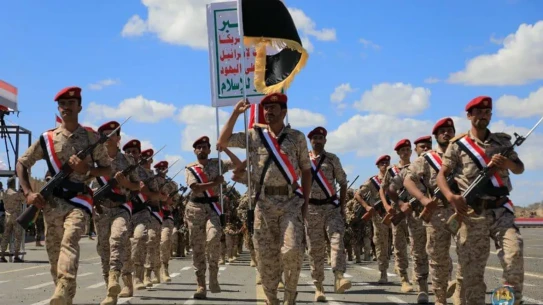However, the foreign ministry’s 2024 internal report indicates a total of 1,497 personnel, including imams assigned to work at mosques and other religious institutions in the field.The discrepancy in numbers arises from personnel assigned for temporary, short-term employment as well as a covert program operated by the Turkish intelligence agency (Milli İstihbarat Teşkilatı, MIT), which employs religious workers as a cover to deploy its agents in foreign countries.Since Turkish imams can easily operate within immigrant communities and have direct access to local organizations and municipalities, this situation presents a prime opportunity for Turkish intelligence to not only gather information but also identify potential recruits within these communities.The information gathered enables Turkish intelligence to identify vulnerabilities within local communities that can be exploited to influence national politics in favor of the Turkish government.
Additionally, it establishes a network of connections that can be mobilized when necessary to launch protests and rallies in foreign countries.The mandate of the Diyanet’s Directorate General of Foreign Affairs explicitly emphasizes the importance of coordinating its activities with other Turkish government agencies, including intelligence, in the selection, training and preparation of personnel assigned to serve abroad.In an overarching and broad mandate, the circular defining the directorate’s mandate states that it “is required to fulfill any assignment given to it,” which may include espionage on foreign soil on behalf of Turkish intelligence.Over the past decade the Erdogan government has significantly intensified its espionage operations abroad, with multiple government agencies actively recruiting agents, assets and informants, from dual citizens to foreign nationals, to gather intelligence and collect information.




























